Table of Contents
The practice of morning pages, established by Julia Cameron in "The Artist's Way," involves writing three pages of longhand, stream-of-consciousness writing first thing in the morning. While originally designed for artists, over the last 5 days I’ve been exploring it as a tool to improve research and writing.
Normally these pages are to be kept under wraps, but where is the fun in that? Here's some of what emerged over my last five days of this practice:
Day 1 (02.01.25):
- Dove into morning pages with mixed feelings of scepticism and hope
- Found validation through reading others’ academic blogs
- Pondered the balance between public-facing work and core academic duties
- Discovered how three pages naturally led to converging ideas, similar to research
- Observed how initial chaos in writing transformed into coherent thoughts
Day 2 (03.01.25):
- Explored how ideas consume our academic minds, using Pokémon Go as an unexpected lens - yes my daughter and I have been playing this!
- Reflected on being "blind-sided" by both positive and negative influences
- Contemplated coffee's historical role in thinking and society
- Planned creative pursuits as balance to academic work
- Considered how the brain processes different types of information
Day 3 (04.01.25):
- Questioned ethical considerations in academic interviews for a recent Netflix series
- Struggled with content creation schedules
- Explored approaches to organizing reading and notes
- Considered how deadlines affect motivation in academic work
- Contemplated future writing projects
Day 4 (05.01.25):
- Critiqued traditional definitions of productivity in academia
- Examined AI's role and limitations in academic writing
- Explored maintaining authentic voice while using AI tools
- Reflected on cultural biases in AI development
- Questioned what productivity really means in different contexts
Day 5 (06.01.25):
- Contemplated moving all my content to Substack as my website views are declining
- Analysed AI's potential impact on field studies and data analysis
- Balanced AI assistance with authentic academic work
- Considered technology's role in reshaping research methodologies
- Explored ways to integrate AI tools while maintaining academic integrity
For students and academics wrestling with ideas, I’ve found morning pages to offer a unique space for exploration without the constraints of academic writing. There's no need for structure, references, or perfect grammar - just pure, unfiltered thought. I don’t even get overly concerned about sentences. While it might seem counterintuitive in our digital age, the physical act of writing slows down my thinking just enough to allow deeper connections to form, while reducing the editing temptations that come with typing.
Why not try it for a week? You might be surprised at what emerges when you give your academic mind the freedom to wander and talk about anything that enters your mind.
Note on AI use: I asked Claude Sonnet 3.5 to specify how I used it to create this post. It’s initial response was too humble. Here’s how Claude actually helped me:
“In the spirit of open academic practice (and reflecting the AI themes that kept emerging in my morning pages), I should mention that Claude helped significantly with this post. Through our back-and-forth, we refined the structure, crafted better titles, and found the right voice - while keeping the core morning pages exactly as they were: messy, handwritten, human thoughts. Claude's ability to try different approaches and suggest refinements helped transform my raw reflections into something more shareable, while maintaining authenticity. It's a nice parallel - using AI to help communicate about the value of unplugged, analogue writing practice.”
I then made edits to the piece to make it more personal in parts.
⌛ In Case You Missed It
- My reflection on 2024 and what’s next
- Connect with me on Bluesky
- Connect with me on LinkedIn
- Last newsletter:
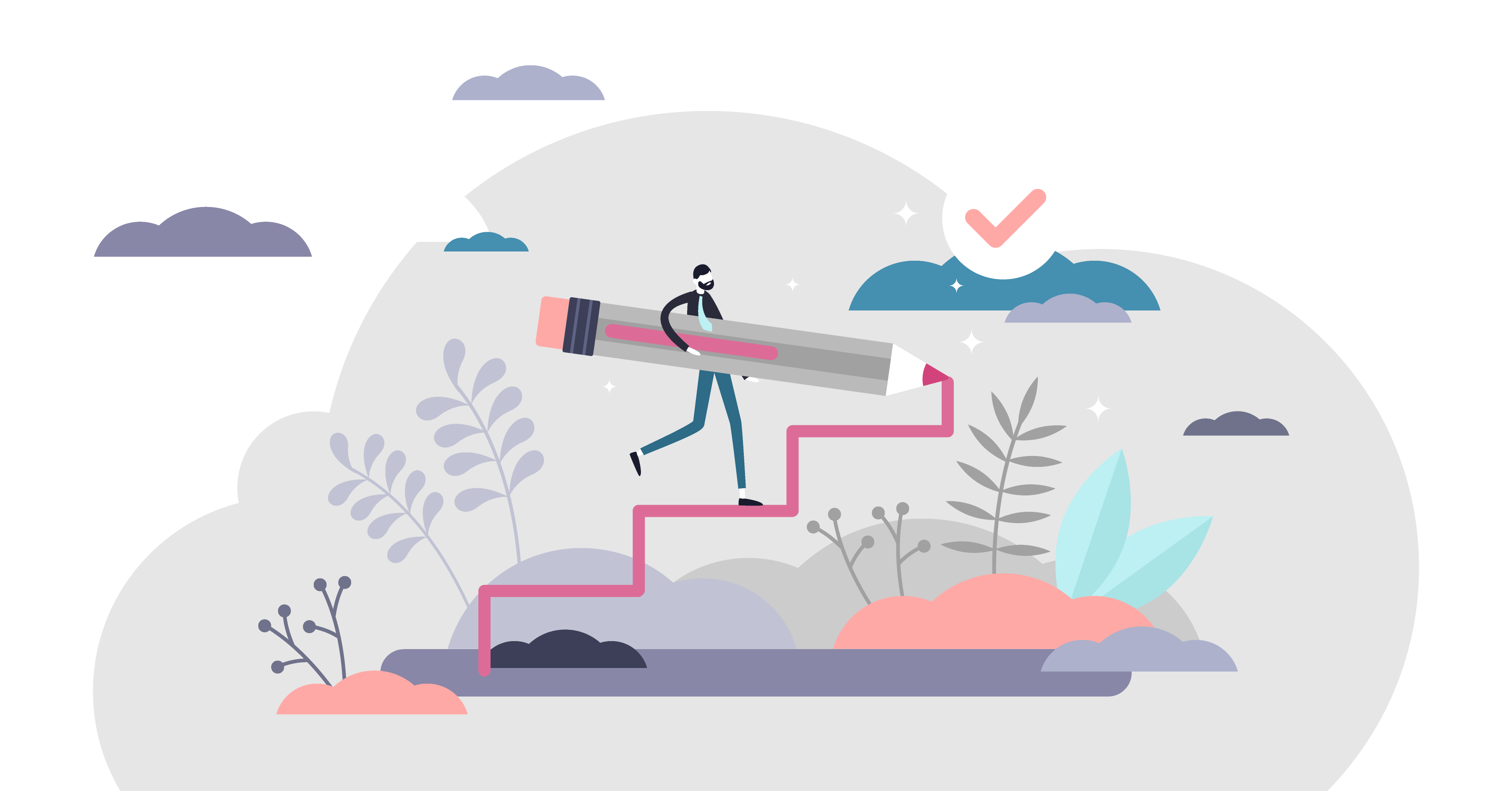
Quote of the Week
“In times of pain, when the future is too terrifying to contemplate and the past too painful to remember, I have learned to pay attention to right now. The precise moment I was in was always the only safe place for me.”
― Julia Cameron, The Artist's Way: A Spiritual Path to Higher Creativity
What I’m Reading
- ‘The Artist’s Way’ by Julia Cameron
- “The 7 Habits of Highly Effective People” by Stephen Covey
I can't say how much it means to me for you to subscribe and read this newsletter. Thank you! Remember to:
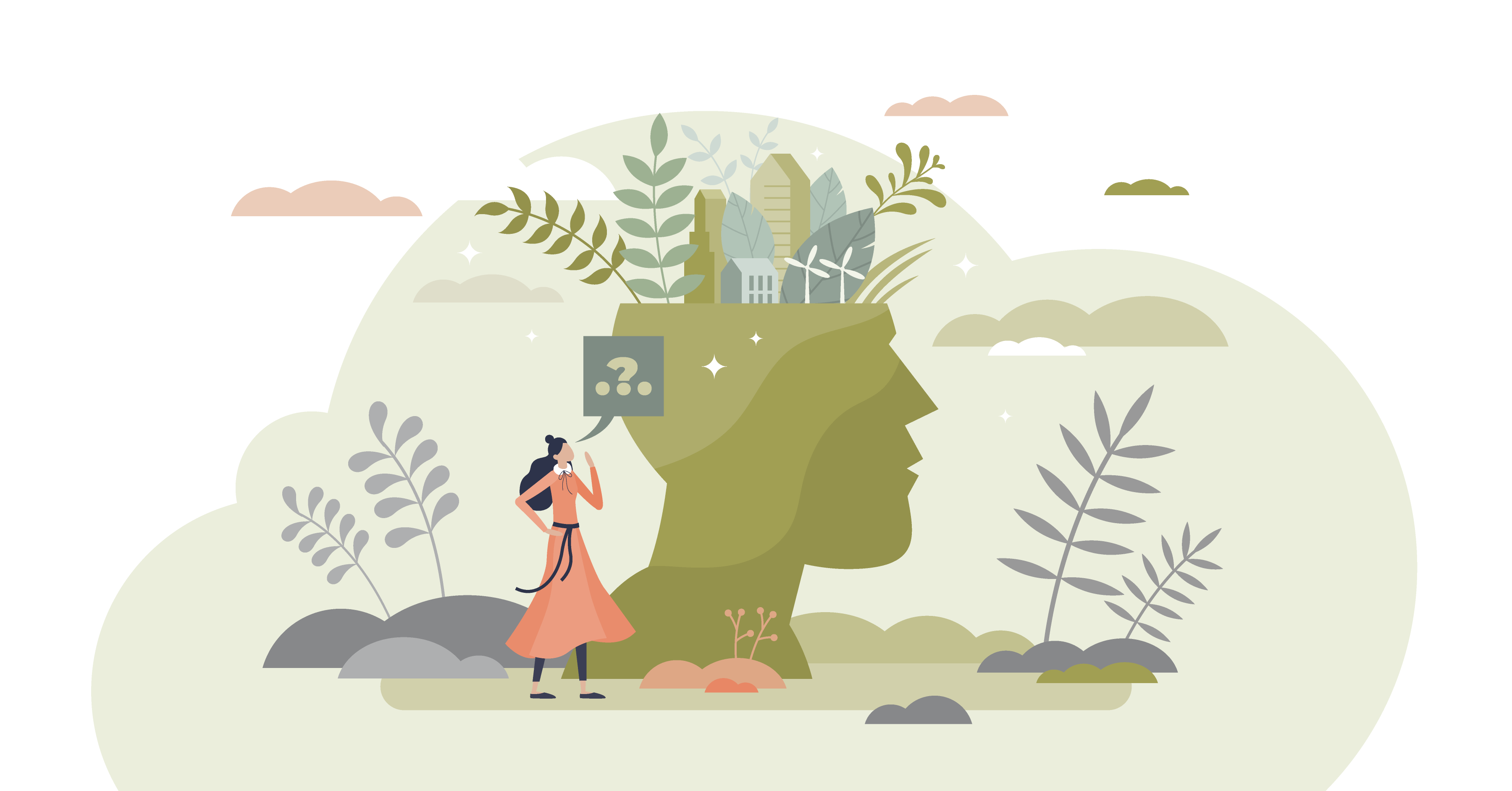

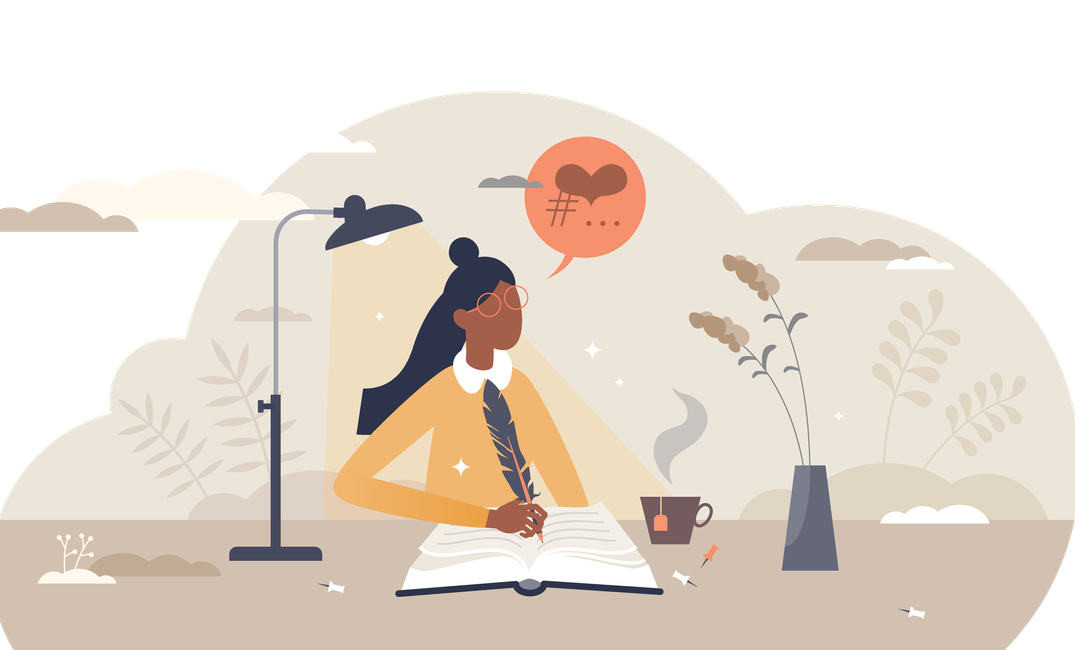

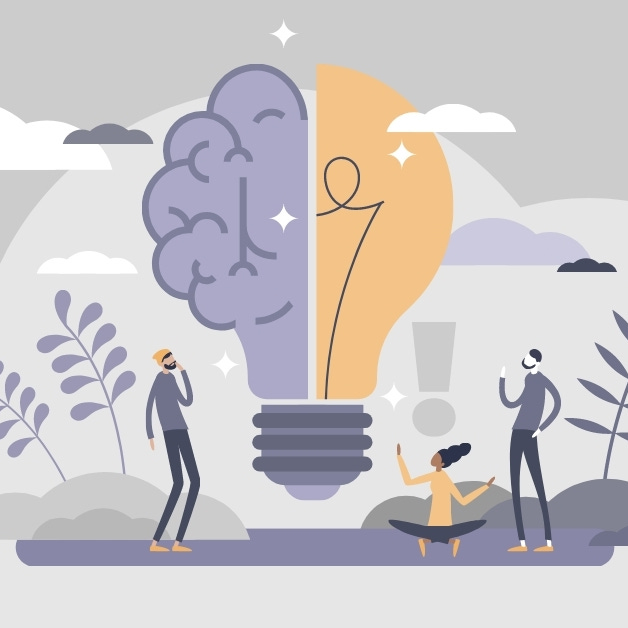

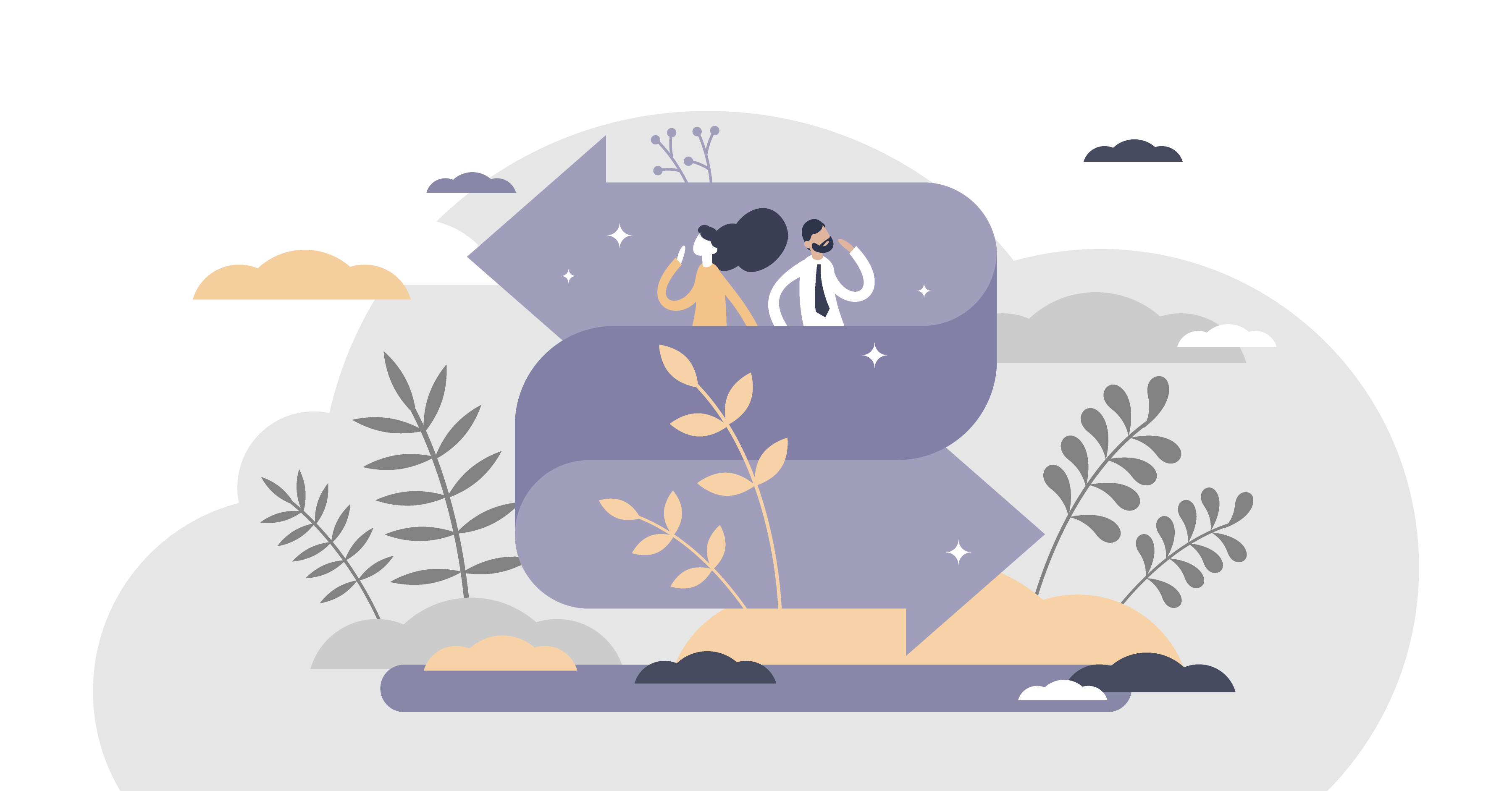

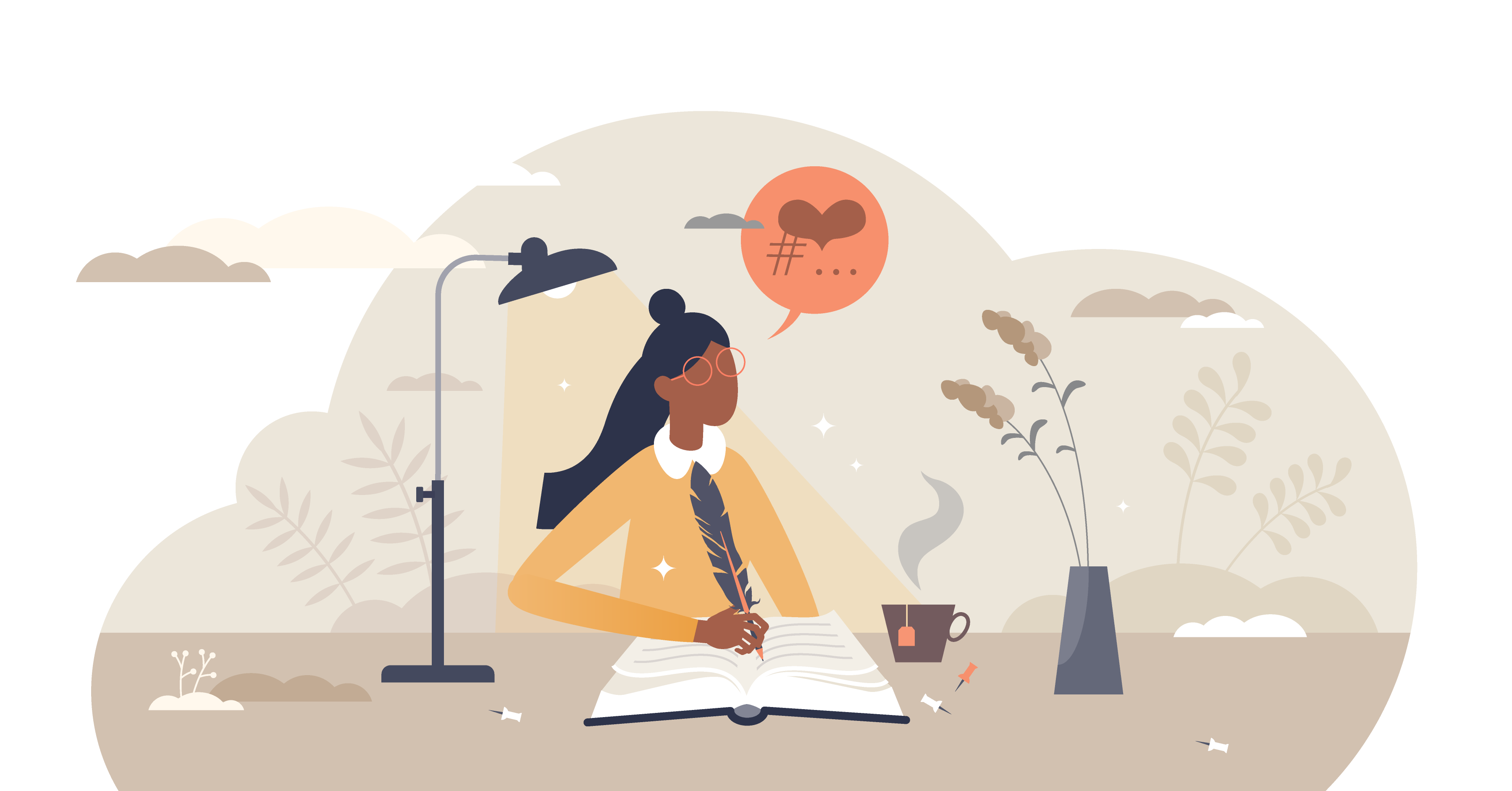
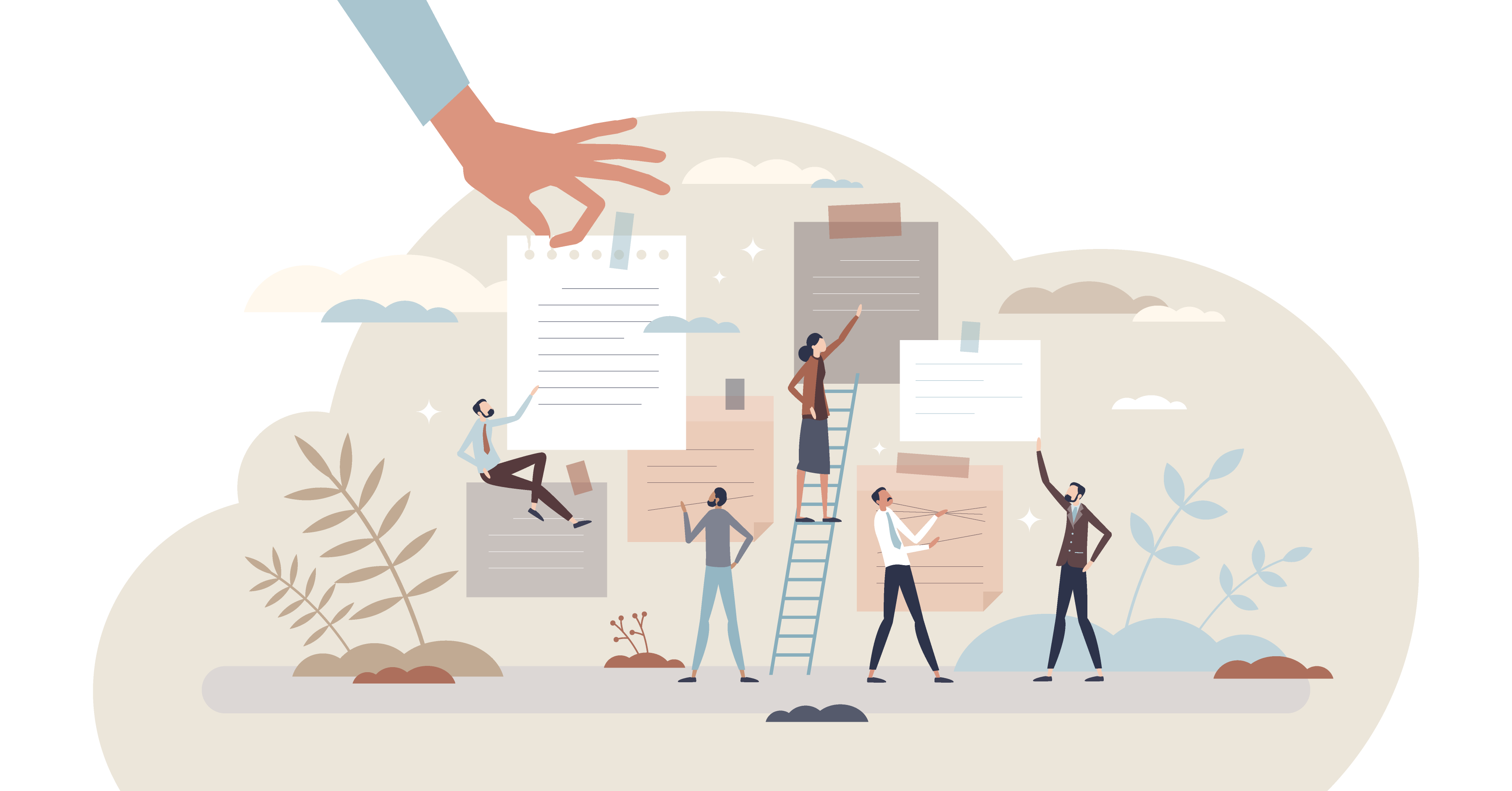
Comments